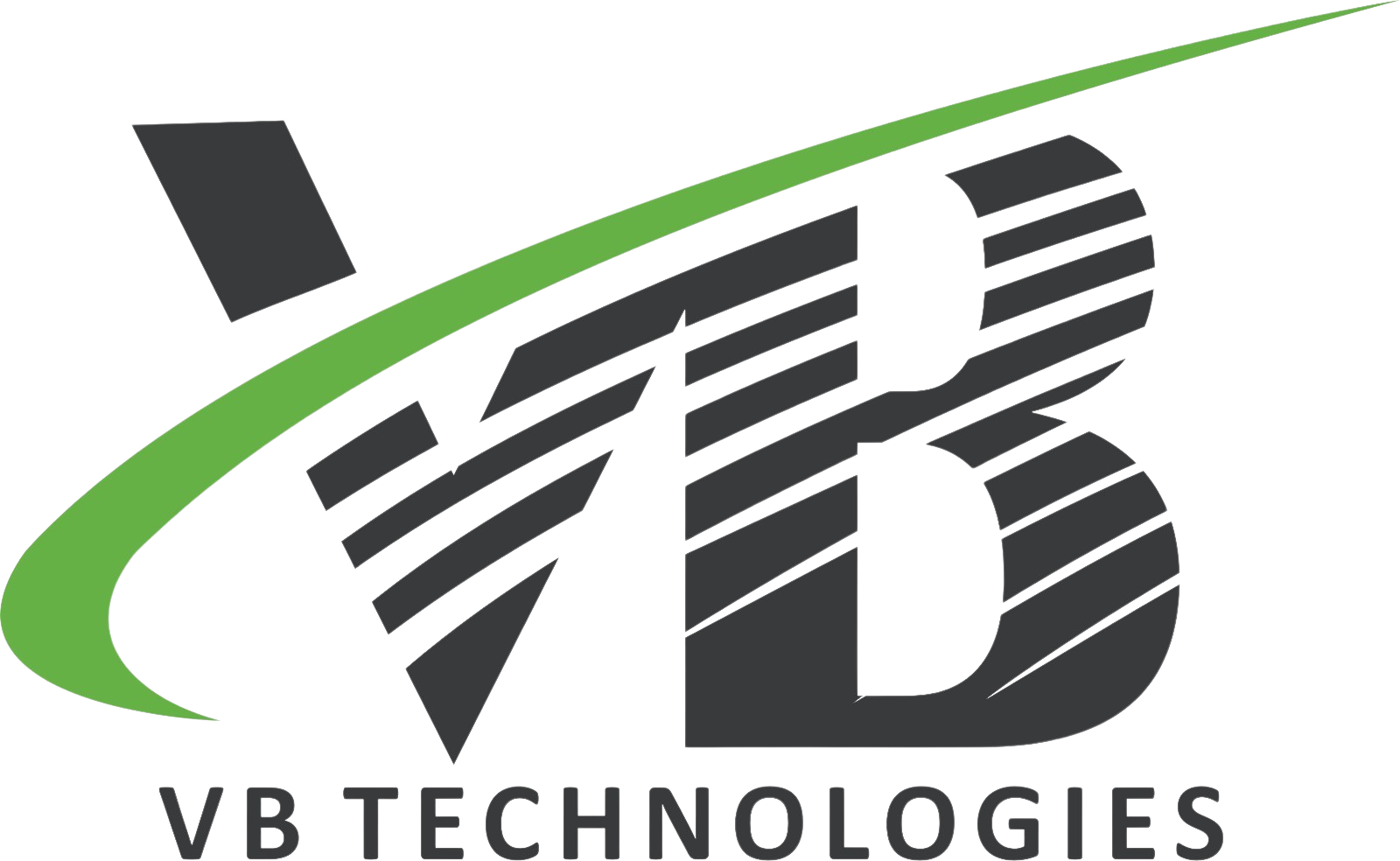V B Finances
Customised Financial Product
Securities and investments created to provide buyers and sellers with short term or long term financial gains are known as financial products. V.B. Tech helps you in building a customised financial portfolio with our wide range of offerings in Financial Products. We also provide guidance of any potential risks, limitations, costs as well as other characteristics of the products.
Invoicing
An invoice may be a document sent to a buyer that specifies the quantity and price of products or services that are provided by a seller. An invoice indicates what must be paid by the customer consistent with the payment terms of the vendor. Payment terms usually specify the time that a buyer has to send payment to the seller for the goods and services that they have purchased.
Book Keeping
Bookkeeping involves the recording, on a day to day, of a company’s financial transactions. With proper bookkeeping, companies are ready to track all information on its books to form key operating, investing, and financing decisions
Timesheets
A timesheet may be a record of the quantity of your time an employee has spent at work, on a specific job, project or working for a selected client. This information could be recorded on paper, a spreadsheet or in a cloud software system such as our timesheet module. By keeping track of the time an employee starts and finishes work, also as any breaks they need taken, a timesheet are often wont to calculate the employee’s pay for the day, week or month.
Accounting Services
Accounting service refers to the method of keeping financial records concerning the business. It involves the method of recording, summarizing, analysing and reporting all the transactions.Accounting is one among the key functions of all businesses. This key function is handled by an accountant during a small firm, or by a finance department with dozens of employees at larger companies.The reports generated by various streams of accounting are useful for business decisions. These reports give detailed information about the financial status of the business.
Accounts Payable
When a corporation orders and receives goods (or services) beforehand of paying for them, we are saying that the corporate is purchasing the products on account or on credit. The supplier (or vendor) of the products on credit is additionally mentioned as a creditor.
Accounts Receivable
Accounts receivable is that the amount owed to a corporation resulting from the corporate providing goods and/or services on credit. The term trade receivable is additionally utilized in place of assets. The amount that the company is owed is recorded in its general ledger account entitled Accounts Receivable. The unpaid balance during this account is reported as a part of the present assets listed on the company’s record .
Sale Orders
A sales order may be a document generated by the vendor upon receiving a sale order from a buyer specifying the small print about the merchandise or service along side price, quantity, buyer details just like the shipping address, billing address, mode of payment and terms and conditions.
Budget Accounts Management
A budget may be a formal statement of estimated income and expenses supported future plans and objectives. In other words, a budget may be a document that management makes to estimate the revenues and expenses for an upcoming period supporting their goals for the business.
Taxation
Taxation may be a term for when a taxing authority, usually a government, levies or imposes a tax. The term “taxation” applies to all or any sorts of involuntary levies, from income to capital gains to estate taxes.
Bank Audit
A bank audit may be a routine procedure designed to review the services of monetary institutions to make sure they’re in compliance with laws and industry standards. An accounting specialist referred to as a bank auditor carries out the review. Bank or depository financial institution audits are often internal audits or external audits.
Book Keeping & Accountancy
Recording of monetary transactions during a proper manner associated with the business operation of an entity is understood as bookkeeping. Bookkeeping is that the permanent recording of monetary transactions during a proper manner within the books of accounts of an entity in order that their financial effect on the business of entity can be seen. There is a difference between the 2 terms bookkeeping and accounting
Inventory Audit
An Inventory Audit may be a process of accounting the Inventory level of a corporation . It maintains the record of stock stored by the corporate while keeping track of the company’s current supply. Companies claim inventory as an asset and claim valuation for it per annum. For claiming valuation on stock Inventory audit is extremely beneficial.
Sale Forcasting
Sales forecasting is the process of estimating future sales. Accurate sales forecasts enable companies to form informed business decisions and predict short-term and long-term performance. Companies can base their forecasts on past sales data, industry-wide comparisons, and economic trends.
Payrolls Deposit weekly or biweekly
Traditionally, employers establish weekly, biweekly, semimonthly and/or monthly payrolls. A weekly payroll occurs once per week, and a biweekly payroll happens every two weeks. Paying biweekly, rather than weekly, offers numerous benefits for both the employer and the employee, largely from simplification of processing and fewer transactions.
Payment Tracking
Payment tracking is a crucial part of running a successful practice.Identifying the shortfall when allocating payments means you’ll investigate if this is often a mistake or if you would like to charge the patient for the outstanding amount.
Bank Reconciliation
In any business, cash is that the most vital factor. It is the cash which helps in conducting the day to day operational expenses. The payment of the payroll to the employees in a timely manner also depends on the availability of cash. Marketing the products and services also requires cash. Bank account and mastercard reconciliation plays a crucial role in ensuring the supply of money .
Inventory Management
Inventory management may be a component of supply chain management that involves supervising non-capitalized assets, or inventory, and stock items. Specifically, “inventory management supervises the flow of products from manufacturers to warehouses and from these facilities to point of sale.” Thus, inventory management hinges on detailed records of products or parts as they enter and leave warehouses and points of sale.
Sale Tax Deposit Quarterly or yearly
The world survives and thrives on trade and governments across the world have found how to use trade to get revenue. nuisance tax may be a sort of tax paid to an administration for the sale of products and services.
1099
1099 forms are federal income tax information forms from businesses and other institutions to document certain financial transactions conducted during a tax year. The forms are filed with the U.S. Internal Revenue Service (IRS) – and also with some state tax departments, if required. Copies of 1099s are also sent to individual taxpayers to help them total their income from various sources and to help calculate their taxes accurately.
W2 Payrolls
W-2 Payroll means whatever mechanism or procedure that the Company or a Subsidiary utilizes to pay any individual which results in the issuance of Form W-2 to the individual. “W-2 Payroll” does not include any mechanism or procedure which results in the issuance of any form other than a Form W-2 to an individual, including, but not limited to, any Form 1099 which may be issued to an independent contractor, an agency employee or a consultant.
1333 W McDermott Dr #200
Allen TX 75013
Get In Touch
+1-469-297-2096
Quick Email us


